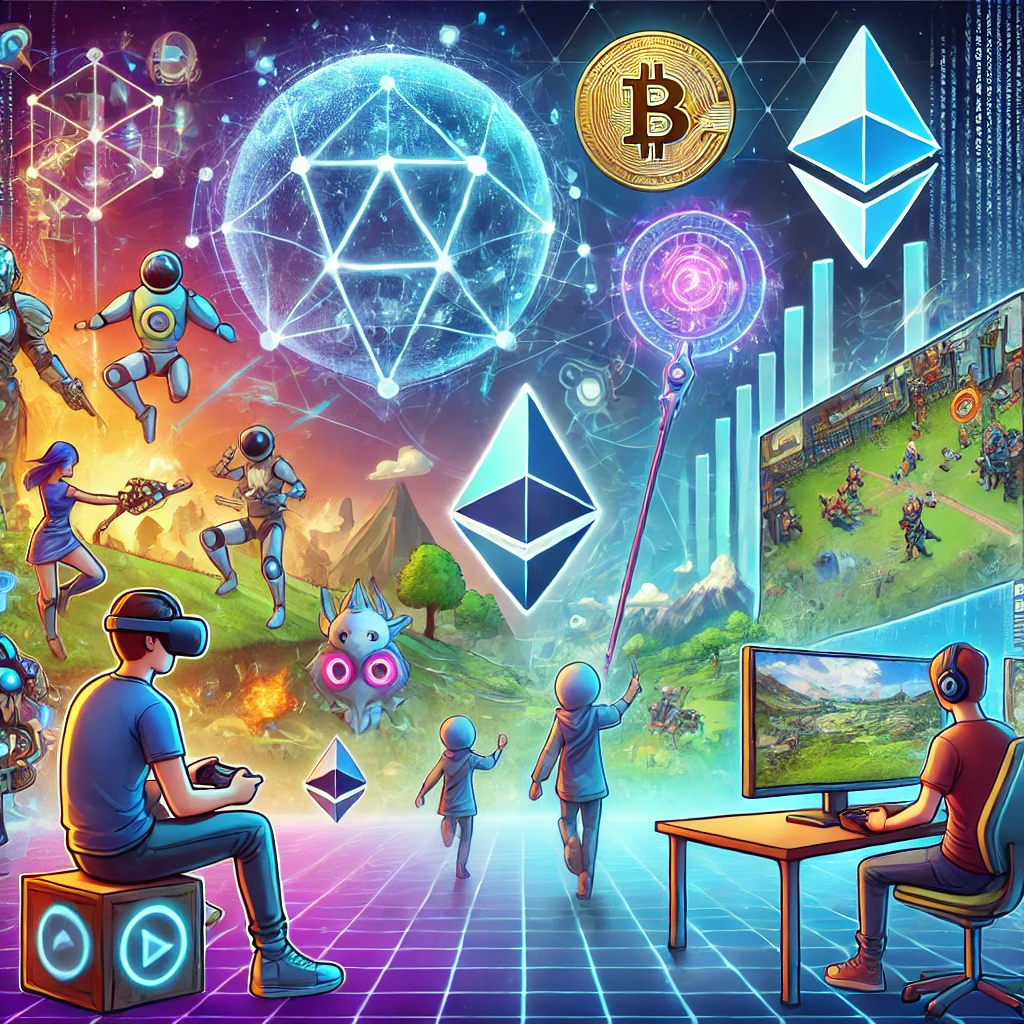The online gaming sector is evolving rapidly, fueled by technological advancements and changing player preferences. As we head into 2024 and beyond, the online gaming world is poised for transformation. This article examines the upcoming trends that will shape the future of online gaming, from immersive virtual worlds to AI-driven game scenarios.
The Rise of the Metaverse
One major trend is the integration of gaming into the broader concept of the metaverse. These interconnected virtual realms let players socialize, shop, work, and play in a unified digital space. Games like Fortnite and Roblox are already incorporating metaverse elements, and this trend will continue to grow. Anticipate:
- Smooth transitions between games and other virtual activities.
- Virtual economies where players can trade items across different platforms.
- Increased collaborations between gaming and non-gaming sectors, such as fashion and music.
Cloud Gaming Revolution
Cloud gaming is changing the landscape by removing the need for high-end hardware, allowing players to stream games on various devices. Services like Google Stadia, NVIDIA GeForce Now, and Xbox Cloud Gaming are leading this shift. Key developments include:
- Improved streaming quality with reduced latency.
- Subscription models providing access to extensive game libraries.
- Enhanced accessibility for players in areas with limited gaming hardware.
Artificial Intelligence in Gaming
AI is revolutionizing online gaming by enhancing player experiences and simplifying development. In 2024, expect:
- Smarter NPCs with more realistic behaviors and interactions.
- Procedural generation of game worlds, offering infinite possibilities.
- Personalized gameplay experiences tailored to individual player preferences.
Cross-Platform Play and Interoperability
The demand for cross-platform play is increasing, enabling players on different devices to play together seamlessly. Developers are focusing on:
- Unified gaming ecosystems where progress is shared across devices.
- Better compatibility between consoles, PCs, and mobile platforms.
- Standardized controls and user interfaces.
VR and AR Gaming Expansion
Virtual reality (VR) and augmented reality (AR) technologies are set to transform player interactions with games. Future advancements include:
- More affordable and lightweight VR headsets.
- Immersive AR games that blend digital elements with real-world environments.
- Enhanced haptic feedback devices for a more tactile experience.
Blockchain and NFTs in Gaming
Blockchain technology is offering new ways for players to own and trade in-game assets. Non-fungible tokens (NFTs) are becoming key to online gaming economies. Trends to watch:
- Play-to-earn models where players receive cryptocurrencies as rewards.
- Decentralized game economies providing true asset ownership.
- Ongoing discussions about sustainability and regulation within blockchain gaming.
Focus on Inclusivity and Accessibility
Game developers are prioritizing inclusivity to ensure games are accessible to all players. Innovations include:
- Customizable difficulty levels and adaptive controls.
- Games designed for players with disabilities, including visual, auditory, and motor impairments.
- Storylines and characters representing diverse cultures, genders, and abilities.
Esports Growth and Integration
The esports industry is thriving, with competitive gaming becoming a popular entertainment option. Future trends include:
- Enhanced production quality for esports events, comparable to traditional sports broadcasts.
- Increased investment in grassroots esports programs.
- Expansion of esports into emerging markets like Africa and South America.
These are just a few of the exciting trends that will shape the future of online gaming. As technology advances and player expectations evolve, the gaming world will continue to transform in ways we can only begin to imagine.
Gamification of Education and Work
Online games are no longer just for fun; they are now being used in education and job training. In the future, we can expect:
- Educational games to teach subjects like science, history, and languages.
- Corporate training using game-like simulations.
- Productivity tools with gaming elements for remote teams.
Sustainability in Gaming
With the gaming industry expanding, there’s a growing focus on being eco-friendly. Developers and publishers are starting to adopt greener practices such as:
- Using energy-saving servers to lower carbon emissions.
- Implementing recycling programs for gaming equipment.
- Promoting digital downloads over physical copies to reduce waste.
Conclusion
The future of online gaming is full of possibilities, fueled by new technology and the pursuit of better, more diverse experiences. From the rise of the metaverse and advancements in VR and AR to the use of blockchain, the next few years will transform how we play. As these trends evolve, one thing remains clear: online gaming will continue to entertain and inspire players globally.
